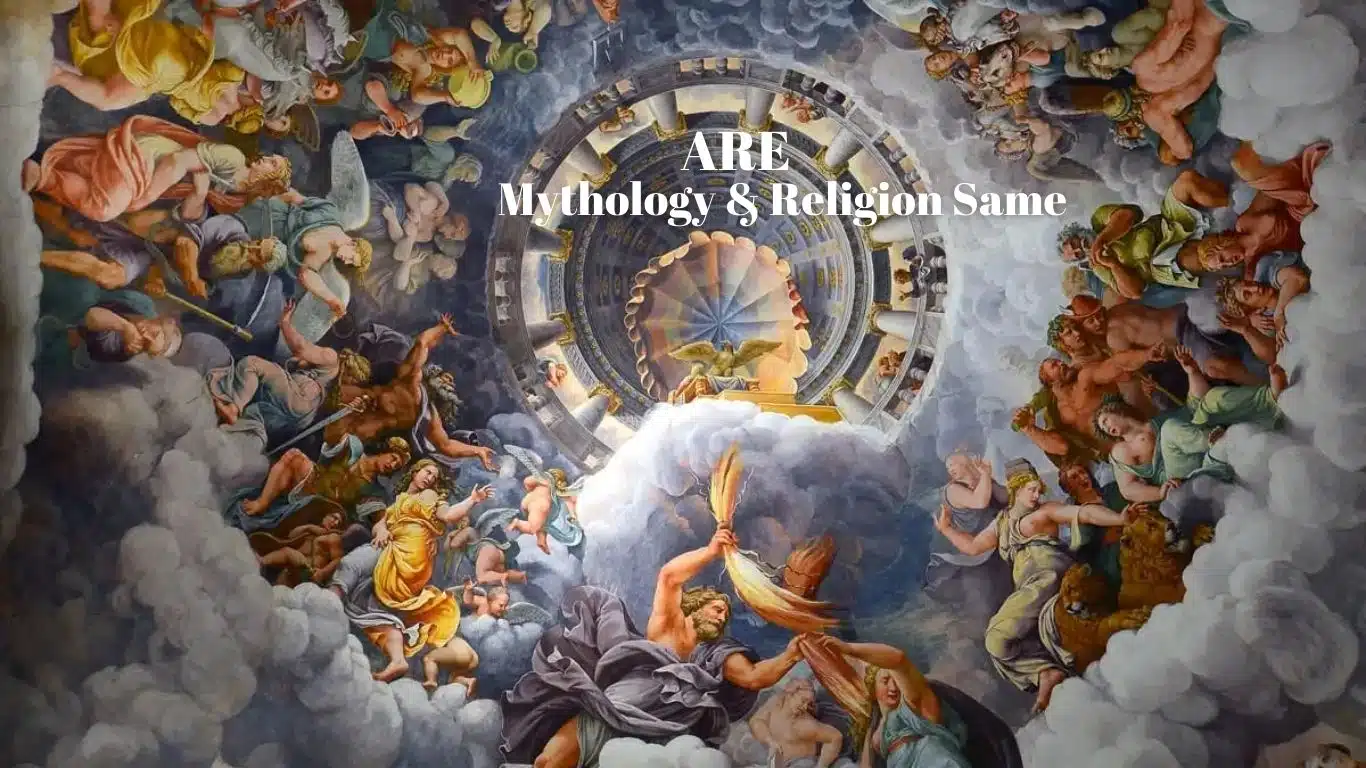Are Mythology And Religion The Same: Mythology and religion are two concepts that have been the subject of much debate and discussion for centuries. Both are integral parts of human culture and history and have shaped the way people think, act, and live their lives. While they share some similarities, they are not the same thing. This article will explore the key differences between mythology and religion, and provide insights into the relationship between these two phenomena.
Are Mythology And Religion The Same
What is Mythology
Mythology refers to a set of beliefs, Stories, and traditions that are centered around gods, goddesses, heroes, and supernatural beings. It is a body of myths and legends that serve as a cultural explanation for natural phenomena, historical events, and cultural practices.
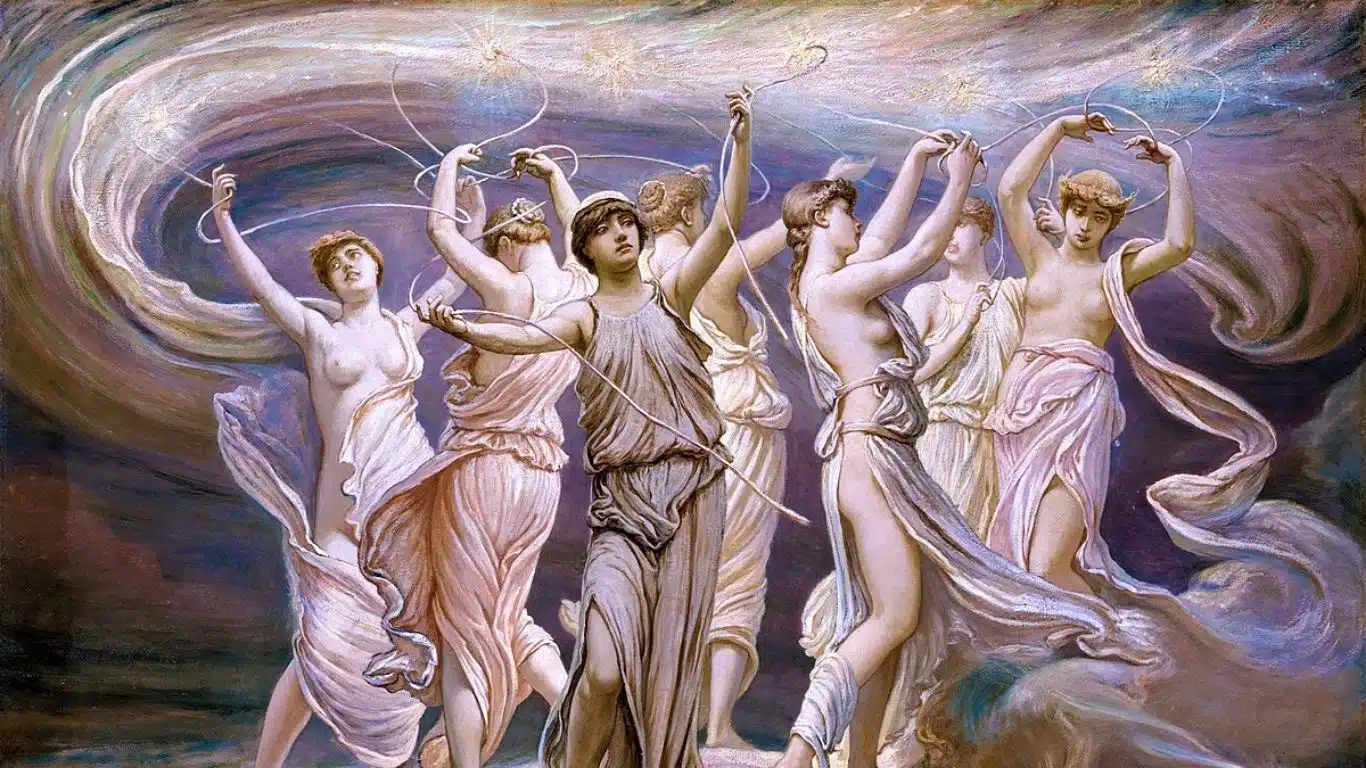
In many cultures, mythology explains the creation of the world and its inhabitants, as well as the beliefs and values of the society. It often includes tales of powerful gods, goddesses, and other supernatural beings who have control over nature, human affairs, and the afterlife. Heroes, who are often depicted as having great strength, wisdom, and bravery, are also an important part of mythology. These figures serve as role models for the people and their Stories often revolve around their adventures, battles, and quests.
Myths also play an important role in religious practices, serving as a means of connecting people with their gods and the spiritual world. Many cultures use mythology to pass down important values, beliefs, and traditions from one generation to the next.
What is Religion
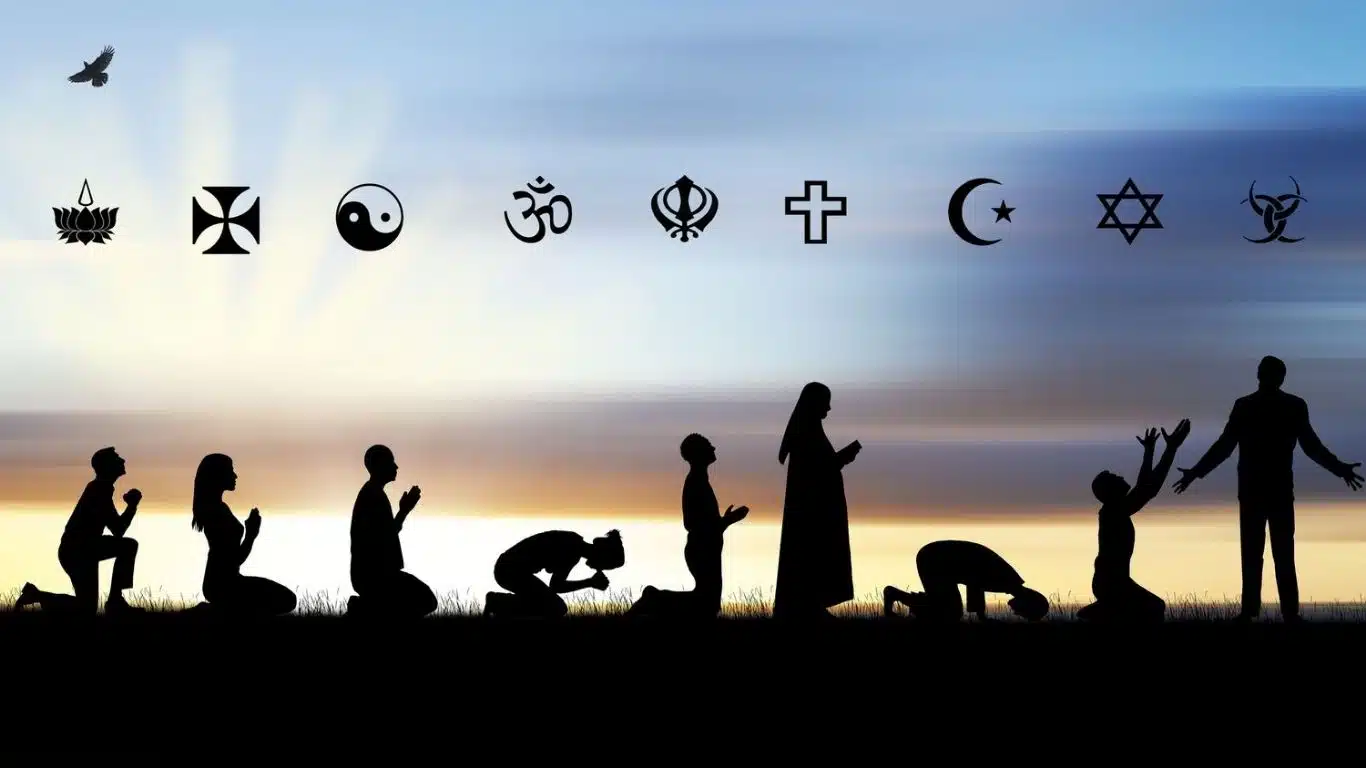
Religion is a complex and multi-faceted concept that refers to a system of beliefs, practices, and rituals that are centered around the worship of a deity or deities, and the pursuit of a spiritual or moral code. It encompasses a wide range of traditions, customs, and beliefs, and can encompass beliefs about the nature of the universe, the purpose of life, and the afterlife. Religion often involves a community of people who share these beliefs and practices, and may also include religious institutions, such as churches, temples, or mosques, and religious leaders, such as priests, imams, or shamans. In many cases, religious beliefs and practices serve as a source of comfort, inspiration, and guidance for individuals, and play a significant role in shaping personal and cultural identity.
The Similarities Between Mythology and Religion
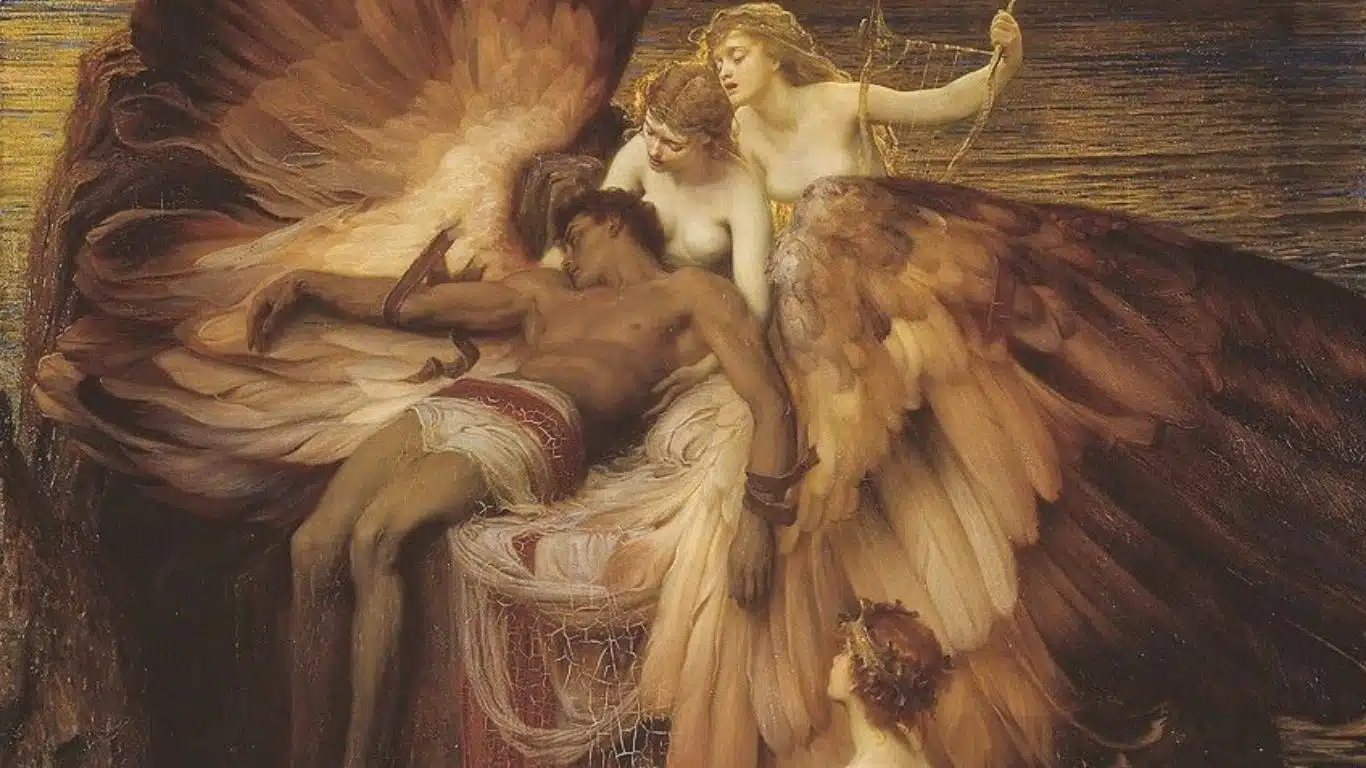
Mythology and religion share several similarities:
- Both involve belief in supernatural beings or forces.
- Both offer explanations for natural phenomena and the meaning of life.
- Both often involve rituals, such as prayers, offerings, or sacraments.
- Both have Stories and legends that serve as moral teachings and cultural traditions.
- Both can be used to justify social norms and cultural values.
- Both provide a sense of community and belonging for those who follow them.
Differences Between Mythology and Religion
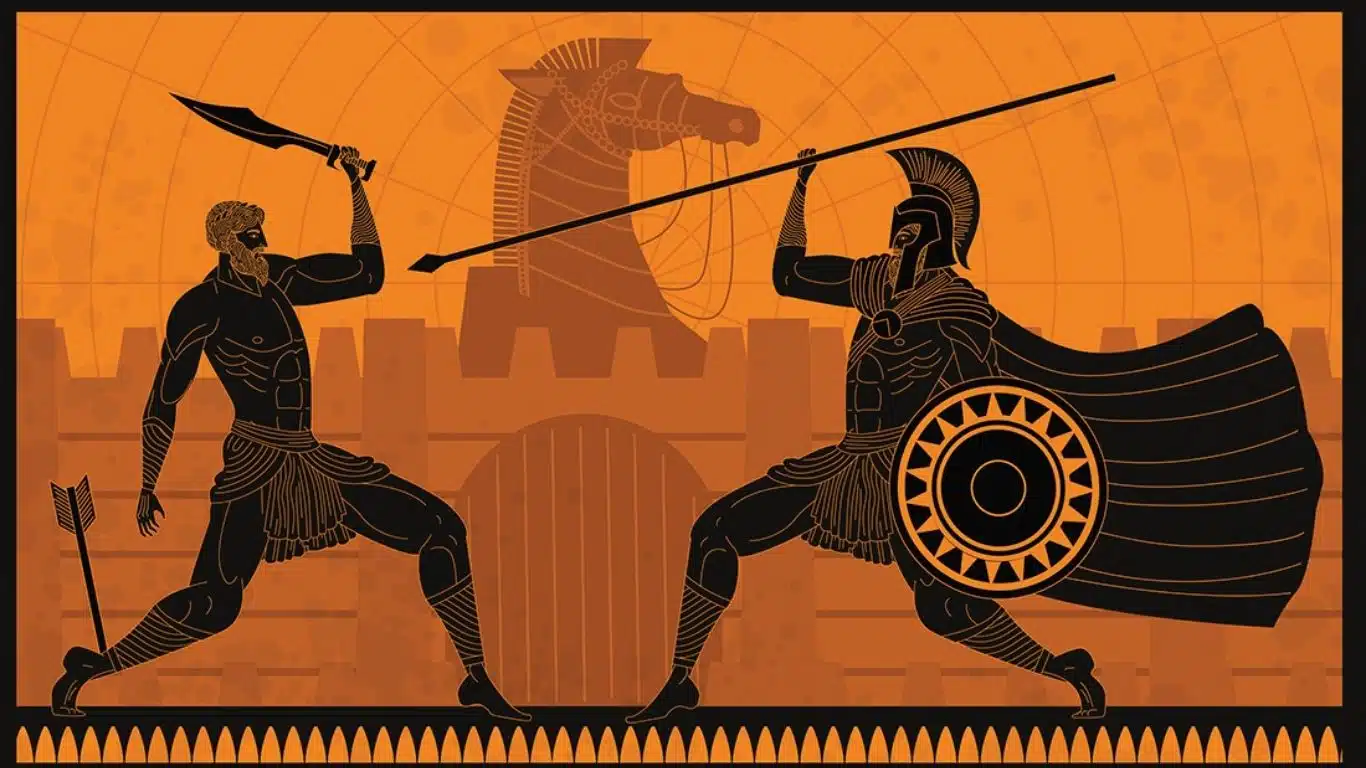
Mythology and religion also have some major differences:
- Origin: Mythology typically originates in folklore, whereas religion is often based on beliefs taught by leaders or institutions.
- Gods: Mythology often involves gods or supernatural beings, while religion focuses on a supreme deity.
- Explanation of natural phenomena: Mythology explains natural phenomena through stories, while religion often provides a moral or spiritual explanation.
- Practices: Mythology doesn’t always have a defined set of practices, while religion often involves specific rituals and observances.
- Evidence: Mythology is often based on tradition and storytelling, while religion is often based on texts or scripture considered to be divinely inspired.
- Institutions: Mythology doesn’t necessarily have formal institutions, while religion often has organized churches, temples, or mosques.
Conclusion
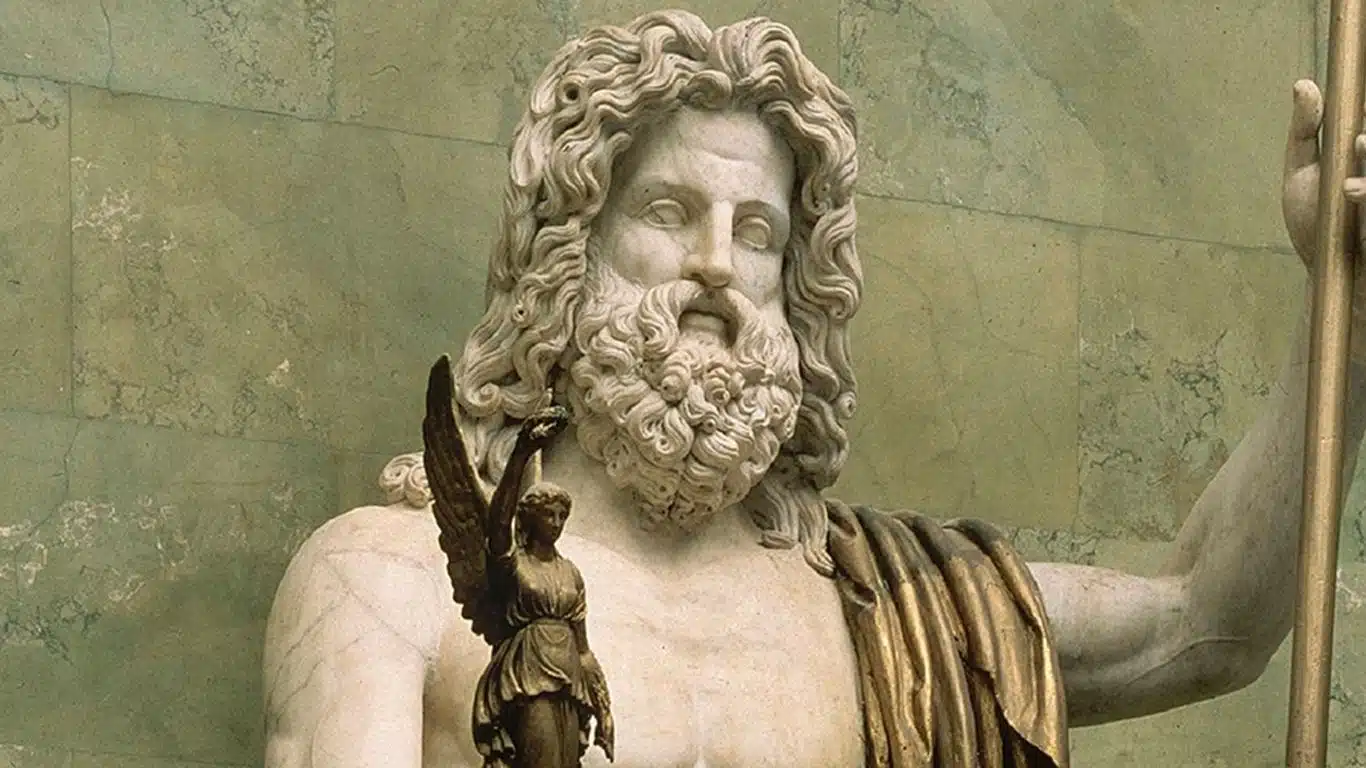
While mythology and religion may have similarities, they are not the same. Mythology serves as a form of storytelling, often explaining the beliefs and customs of a culture, while religion is a set of beliefs and practices that are often centered around a deity or deities and is used as a way of explaining the purpose and meaning of life. Ultimately, both mythology and religion serve as ways for individuals and communities to understand the world around them and provide a sense of comfort and meaning.
Also Read: The Creation of the World in Greek Mythology


